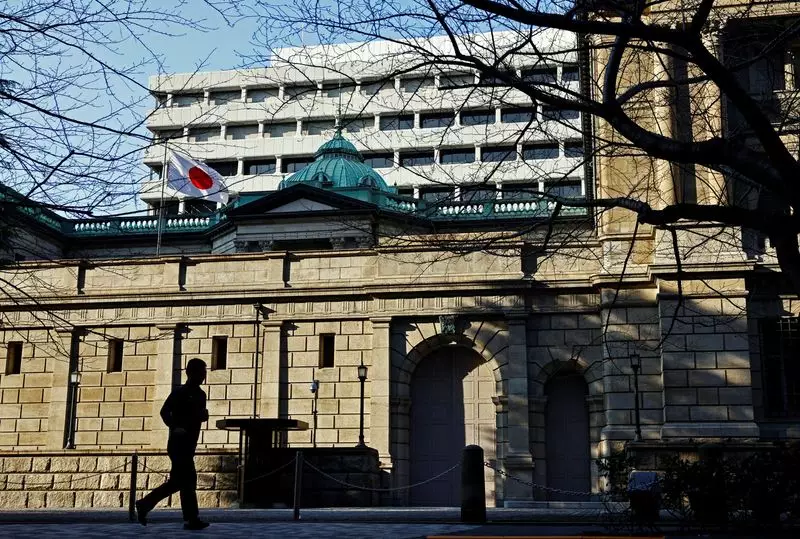The Bank of Japan (BOJ) is poised to make a significant move as it prepares to raise interest rates for the first time since July of the previous year. This decision, anticipated to lift the short-term policy rate from 0.25% to 0.5%, represents a critical shift in a country that has maintained exceptionally low interest rates in the wake of the 2008 global financial crisis. With economic conditions shifting and inflation rising, the central bank’s potential adjustment reflects its increasing confidence in Japan’s economic resilience amid global uncertainties.
The potential increase in rates occurs against a backdrop of a global stock market rally, which has helped alleviate some fears surrounding U.S. President Donald Trump’s trade policies. Market analysts largely consider the impending hike as a response to rising inflation rates that have consistently exceeded the BOJ’s target over the past three years. This combination of factors—a recovering economy and an uptick in consumer prices—has led to heightened expectations of a monetary policy shift at the BOJ.
BOJ Governor Kazuo Ueda’s communication strategy plays an essential role in guiding market sentiment and preparing investors for policy changes. Analysts are closely watching Ueda’s post-meeting briefing for indications on the potential trajectory of future rate hikes. Given that markets have already priced in a roughly 90% chance of an increase, there is an expectation that Ueda will underscore the bank’s resolute commitment to further monetary tightening.
The BOJ aims to navigate the delicate balance of promoting economic growth while preventing overheating in the economy. Analysts believe that stabilizing interest rates around 1% can help manage inflation without stifling consumer spending, thus maintaining Japan’s tentative economic recovery. If Ueda emphasizes the need for further increases, it may reinforce market confidence in the BOJ’s strategy and lead to a stronger yen.
Recent economic data has indicated a rise in inflation, with Japan’s core consumer inflation accelerating to its fastest pace in 16 months. Factors such as increasing costs for fuel and food have contributed to upward pressure on living costs. Consequently, analysts anticipate that the BOJ may adjust its future price forecasts, further supporting the case for ongoing rate hikes.
While an immediate increase to 0.5% is expected, experts predict that the pace of subsequent adjustments could be roughly biannual, with the next hike possibly occurring in September. This gradual approach reflects the BOJ’s intention to carefully monitor the interplay between U.S. economic performance, global inflation trends, and the domestic political landscape, particularly given the upcoming upper house election in July. Analysts warn that any abrupt market disruptions, such as trade tensions or unexpected shifts in U.S. monetary policy, could heavily influence the BOJ’s decisions moving forward.
The political context surrounding the BOJ’s rate hike is equally important, as Prime Minister Shigeru Ishiba’s coalition may face challenges in the forthcoming elections. The BOJ’s decisions regarding interest rates can influence public sentiment and economic stability, creating a complex backdrop for policymakers. Any potential backlash from rising costs of living due to higher interest rates could complicate political dynamics as voters weigh their options during the elections.
Ueda’s leadership since April 2023 marks a significant departure from the aggressive stimulus measures of his predecessor, signaling a new chapter for Japan’s economic strategy. Expectations are that the sustainability of wage growth, driven by inflationary pressures, will lead to increased consumer spending—an essential element for the BOJ’s long-term success in achieving a balanced economic environment.
As the Bank of Japan prepares to enact what promises to be a pivotal interest rate hike, the ramifications extend far beyond monetary policy. The interplay between global economic influences, local inflation pressures, and political considerations will all shape the central bank’s approach in the months ahead. With a tentative recovery underway, how the BOJ navigates these challenges will be crucial to not only Japan’s economy but also its broader engagement with global markets.

